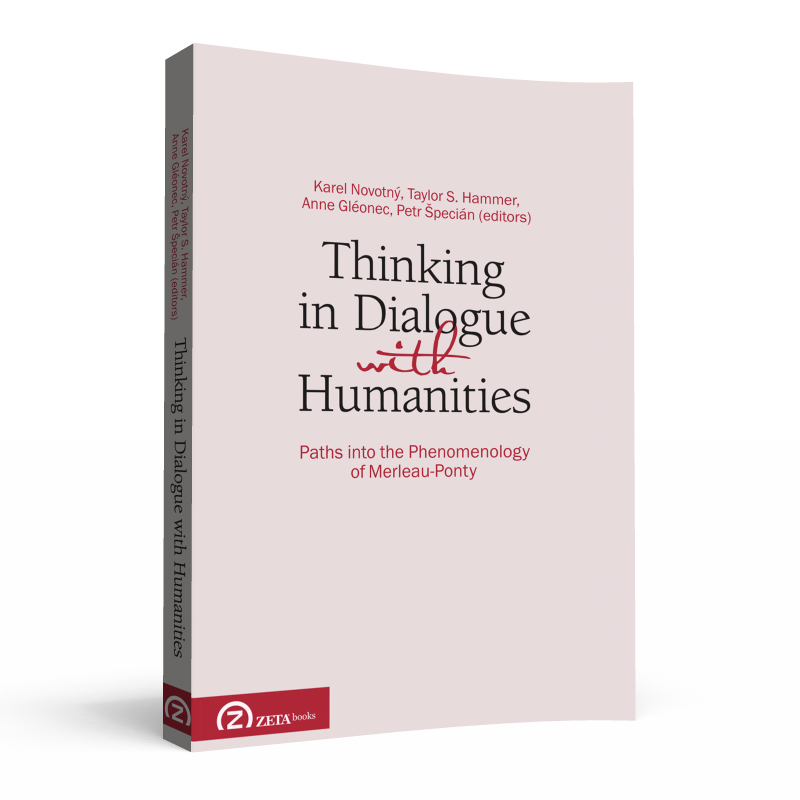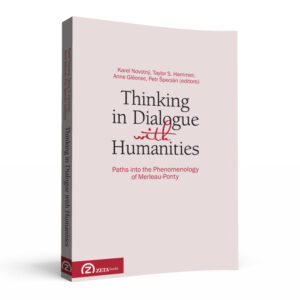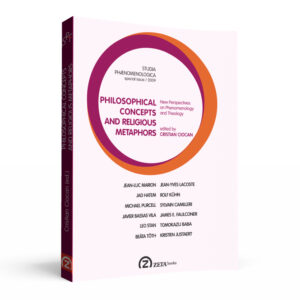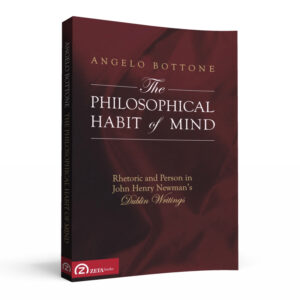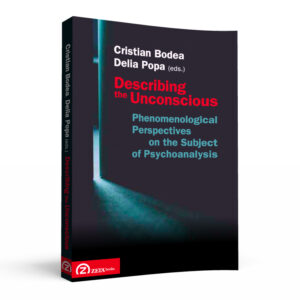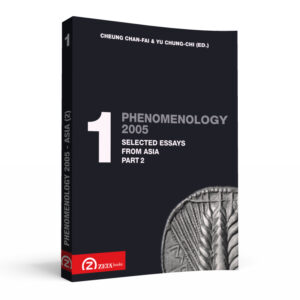In an article written in 1959, in commemoration of Husserl’s 100th birthday, Merleau-Ponty writes that “with regard to a philosopher whose venture has awakened so many echoes, and at such an apparent distance from the point where he himself stood, any commemoration is also a betrayal” (“The Philosopher and His Shadow” p. 159). These words, however, are not meant to prevent us from commemorating a philosopher and his work. Quite the contrary, for Merleau-Ponty this “betrayal” seems to have a positive meaning. In fact it means that, in order to do justice to a philosopher’s work we should not – or perhaps, we could not – merely repeat it. To keep the thought alive we should trace and conjure up its “unthoughts,” and the greater the work of a philosopher, the richer the unthought elements in that work. Commemorating Merleau-Ponty’s 100th birthday in 2008, nearly 50 years after his death, his thought is still alive. His work left us with many elements yet to think, not because it was unfinished by his sudden death, but because it was meant to be open and interrogative and thus not to be closed off. The essays collected here honor the open-ended nature of Merleau-Ponty’s thought by bringing the themes of his work into dialogue with various debates in the humanities, the sciences, and contemporary philosophy.
TABLE OF CONTENTS
I. Perception and Corporeity
- Objects Inside and Outside the Body According to Dorion Cairns (Lester Embree)
- All the Elements, Except Air: Merleau-Ponty and Deleuze on the Possibility of Others (April Flakne)
- Percevoir c’est sentir. Merleau-Ponty et Herder (Jakub Čapek)
- Chair, Sensible, Chiasme. De M. Merleau-Ponty à Michel Henry (Ovidiu-Sorin Podar)
- La chair chez Merleau-Ponty, entre affection et auto-affection (Claudia Serban)
- Sur la subjectivité de l’apparaître (Karel Novotný)
- Différance and Hiatus: Derrida and Merleau-Ponty on the Subject’s Constitution (Marek Pokropski)
- „La foi perceptive de Merleau-Ponty dans la contre-phénoménologie de Jacques Derrida” (Urszula Idziak)
II. Phenomenology and Psychology
- La temporalité de l’inconscient. Merleau-Ponty et Derrida lecteurs de Freud (Elena Bovo)
- L’analyse du comportement enfantin et sa portée phénoménologique chez Maurice Merleau-Ponty (Tetsuo Sawada)
- Lacan and Merleau-Ponty: Affective Intentionality (Rafal Smoczynski)
- The Dream, the body and mind. Topology of Experience. (Alice Koubová)
- Topology of Dialogue (Petr Kouba)
- Corporéité et inconscient. Merleau-Ponty et Castoriadis face aux interrogations de la psychanalyse (Caterina Rea)
- Der Geburtskomplex. Existential-phänomenologische Interpretation des Mythos von Ödipus (Tatiana Shchyttsova)
III. Language and Expression
- Le langage – entre l’invisibilité de la parole et le signifié de langue : deux projets onto/phénoméno-logiques (Maurice Merleau-Ponty et Eugenio Coseriu) (Denisa Butnaru)
- Speech that Stems from Body, or Body that Flows through Language (Giedrė Šmitienė)
- Institution – the vertical structuring of meaning (Kurt Dauer Keller)
- Phänomenologie als sprachliche Wissenschaft bei Merleau-Ponty (Witold Marzeda)
- The Inspiration and the Expiration of Being: The Immense Lung and the Cosmic Breathing as the Sources of Dreams, Poetry and Philosophy (Petri Berndtson)
- Authentic and Second-Order Expression: the Child, the Poet and Ordinary Language (András Rónai)
- Die Geste des Malers, die die Welt erlöst (Taťána Petříčková)
IV. Merleau-Ponty and Experiences of Thinking
- Merleau-Ponty aux carrefours de l’histoire : le problème anthropologique. (Anne Gléonec)
- A Place to Stand (Leslie Kavanaugh)
- Becoming and Infinity (Zsigmond Szabó)
- Die Topologie des Seins im Spätwerk Merleau-Pontys (Martin Nitsche)
- Merleau-Ponty, Whitehead, and the nature of Nature (Fabrice Bothereau)
- Cartesian Ontology and “Eye and Mind” (Taylor S. Hammer)
- Corporeity and Metaphysics. Deconstruction between “Good” and “Bad” Dialectics (Jaroslav Trnka)
- The Phenomenological Study of Life by Husserl, Merleau-Ponty, and Yogācāra Buddhism (Jun Abe)
- Y a-t-il une voie cartésienne dans la Phénoménologie de la perception de Merleau-Ponty? (Wojciech Starzyński)
ISBN: 978-973-1997-96-4 (paperback)
ISBN: 978-973-1997-97-1 (ebook)
ISBN: 978-973-1997-97-1 (ebook)

